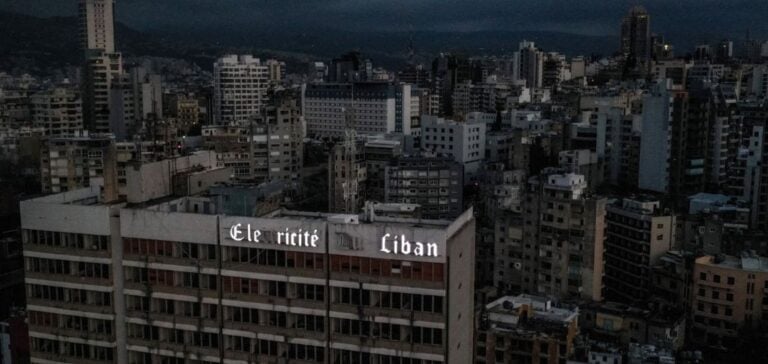Iraq has confirmed a significant increase in its exports of heavy fuel oil to Lebanon, crucial in alleviating the country’s severe energy crisis.
The volume of shipments has been increased to 125,000 tonnes in August, compared with 100,000 tonnes previously.
This initiative responds to the emergency caused by the depletion of reserves at the Zahrani power plant, leading to major blackouts throughout Lebanon.
Lebanon’s power plants, heavily dependent on imports, have been suffering the effects of a deep economic crisis since 2019, exacerbated by the devaluation of the Lebanese pound.
This situation considerably complicates the acquisition of fuel in foreign currencies, mainly US dollars.
The Lebanese Minister of Energy, Walid Fayad, stressed that this increase in Iraqi deliveries is essential to maintain minimum electricity production.
Logistical challenges and diversification of supply sources
Although Iraq is a key partner in this crisis, delays due to logistical and technical problems have recently disrupted deliveries.
These challenges illustrate Lebanon’s vulnerability when it depends on a single source for its energy supplies.
In order to reduce this dependence, negotiations are underway with Algeria to diversify fuel imports, which could offer increased energy security.
Iraqi heavy fuel oil exports reached a record level in July, at 574,000 barrels per day.
This increase testifies to Iraq’s ability to respond rapidly to the growing energy needs of its partners, despite the infrastructural limitations of Lebanon, which cannot process this type of fuel directly.
The current model therefore relies on the resale of this fuel to finance the purchase of a compatible alternative.
The need for proactive energy sector management
Lebanon’s energy situation remains extremely fragile.
The increase in Iraqi supplies, while necessary in the short term, highlights the importance of more robust management strategies and diversification of supply sources to guarantee long-term stability.
Dependence on temporary solutions exposes the country to repeated risks of power cuts, severely impacting the economy and the daily lives of the Lebanese people.
The urgent need for a more integrated and diversified approach to managing energy resources is indisputable.
Sector players need to consider sustainable options for securing energy supplies and mitigating the structural vulnerabilities that compromise the country’s electricity production.






















